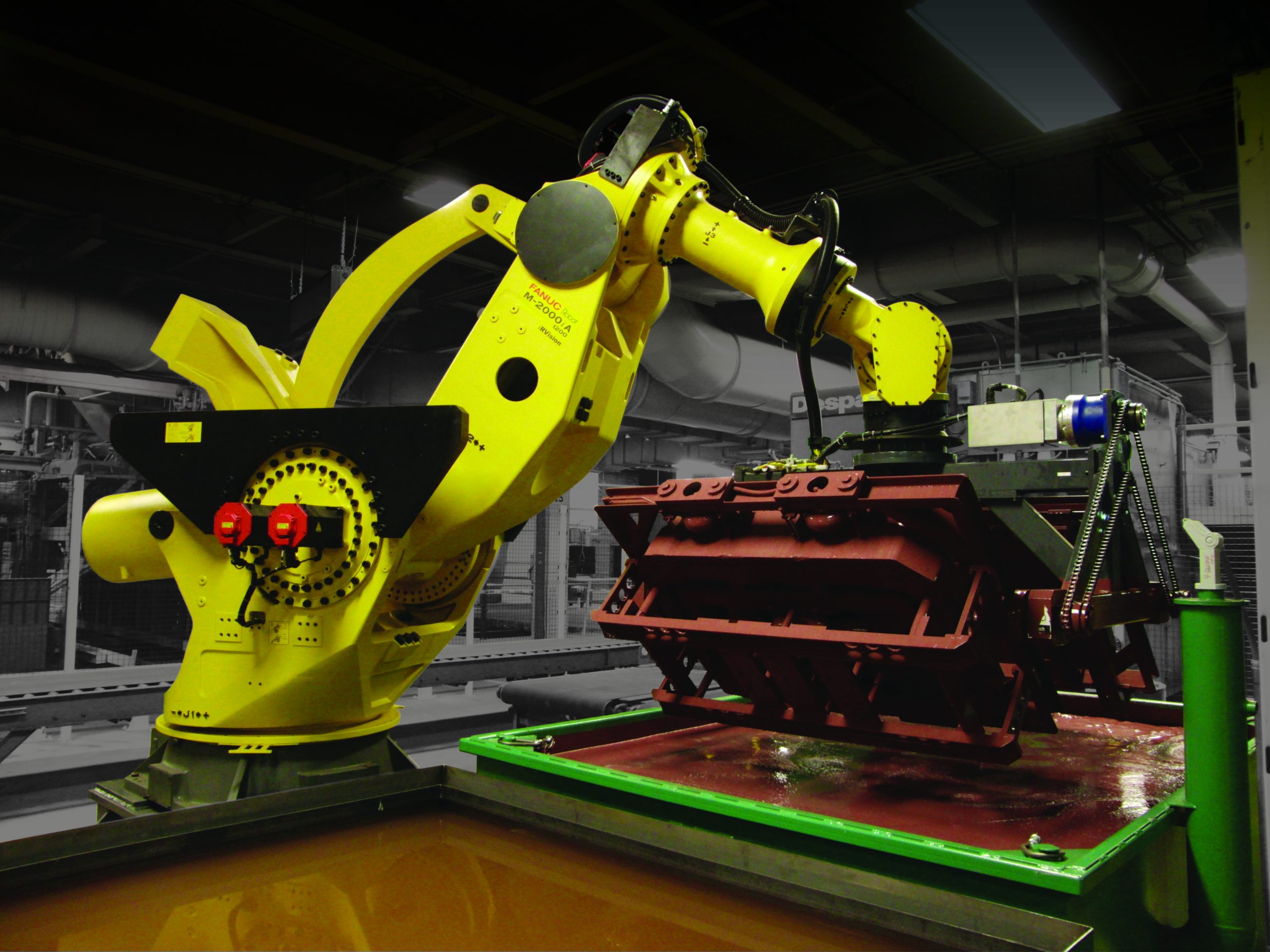Industrial robotics and robots have emerged as key innovations and efficiency drivers in today’s ever-changing manufacturing environment. Industrial robotics has transformed manufacturing, bringing businesses a range of benefits, including increased productivity, quality and competitiveness. With the need for automated solutions grows manufacturing robots have been playing a growing role in shaping the future of manufacturing.

Manufacturing robots (also referred to as industrial robotics) are special machines designed to complete various tasks within a manufacturing environment. These include welding, painting and assembly, in addition to picking, placing and packing. Industrial robotics is the research and use of robots. It focuses on increasing the efficiency and accuracy of manufacturing processes.
Automated Solutions Australia, a business that specializes in the design of industrial robotics to offer flexible solutions to manufacturing customers, is at the forefront. The industrial robots offered by ASA allow clients gain an advantage in the marketplace by increasing productivity and quality. The industrial robots offered by ASA, which are based upon best practices and a focus on quality, are employed by companies in diverse industries like pharmaceuticals, automotive, electronics and many others.
Industrial robots offer many advantages. One of the main benefits is enhancement in efficiency and productivity. Industrial robots are able to perform repetitive tasks efficiently and consistently which results in greater output rates. This not only boosts productivity, but can also help businesses meet the growing demands of consumers.
Additionally, industrial robots improve quality control within manufacturing processes. Robots are able to complete tasks more accurately and with greater security. This results in better-quality products. This in turn increases customer satisfaction and improves the reputation of a company for providing high-quality goods.
In addition to their efficiency and quality, industrial robots have cost-saving benefits. While the initial investment in manufacturing robots may seem substantial, the long-term cost savings are significant. Businesses can lower operational costs by streamlining processes, and reduce manual labor. Additionally, industrial robots can run 24/7, maximising the utilization of resources, and reducing the cost per unit of production.
Another major benefit of industrial robots is their impact on working settings. They are engineered to minimize noise which create a more peaceful and more relaxing working environment for workers. Additionally, their precision and speed make for an environment that is safer in reducing the likelihood of accidents and injuries associated by manual work.
The integration of industrial robots can play a significant role in the creation of jobs as well as the future job. Although there are concerns that robots could replace humans, industrial robots provide new opportunities for employment. This includes roles that are associated with robot programming maintenance, oversight, and oversight, as well in the creation of new technologies that support robotic manufacturing.
In the various industries, businesses continue to benefit from industrial robots as manufacturing continues to adopt the technology, it’s transforming the business. Industrial robotics have the potential to increase efficiency, cost-effectiveness and the quality of products. It is changing manufacturing processes and creating new standards for excellence.
Conclusion: The rise of industrial robots and manufacturing robots is a paradigm change in the manufacturing industry. The integration of these technological advances allows businesses to achieve new levels of performance in terms of precision, efficiency, and efficiency. As the use of automation continues to increase, industrial robots could play an important part in shaping the manufacturing future in bringing innovation to the forefront and propelling businesses to succeed on the global market.
